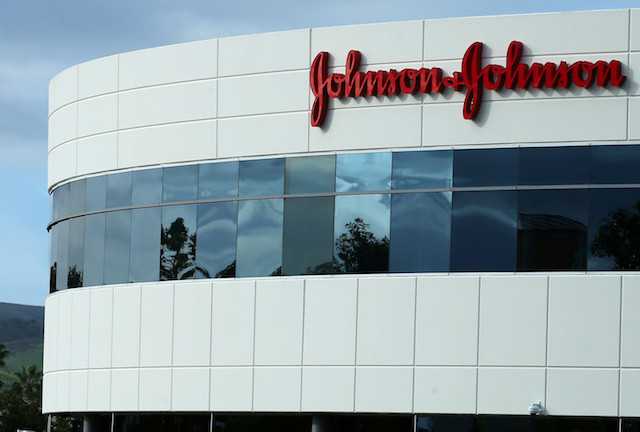J&J moves up begin of coronavirus vaccine human trials to July
11 June, 2020

Johnson & Johnson moved up the beginning of human clinical trials for its experimental vaccine against the highly contagious coronavirus by two months to the second one half of July, as the drugmaker rushes to develop a good prevention for COVID-19, the business said on Wednesday.
The acceleration should allow J&J to take part in the significant clinical trials program planned by the government, which aims to have an efficient vaccine by year end.
J&J shares rose practically 2% to $148.69.
Previous March, J&J signed deals with the government to create enough making capacity to produce a lot more than 1 billion doses of its vaccine through 2021, sometimes before it has evidence that it works.
There are currently not any US approved treatments or vaccines for the virus. A vaccine is seen as essential to closing the pandemic which has infected more than 7.2 million persons and killed over 412,000 globally, while battering economies worldwide.
J&J in the beginning expected safety trials to get started on in September. Chief Scientific Officer Paul Stoffels advised Reuters the business has been working carefully with its US federal government partners to accelerate that timeline.
"Based on the effectiveness of the preclinical data we have seen up to now and interactions with the regulatory authorities, we have been able to even more accelerate the clinical production," Stoffels explained in a good statement on Wednesday.
J&J's study will test the vaccine for safety and early signs of efficacy found in 1,045 healthy volunteers aged 18 to 55 years, and found in those aged 65 and older. The trial will need place in america and Belgium.
The company can be in talks with the National Institutes of Allergy and Infectious Diseases(NIAID) to begin larger, late-stage trials before schedule, according to results of the early studies and regulatory approval.
AMERICA is planning to test a handful of coronavirus vaccine candidates in trials that may enroll up to 30,000 subjects with the purpose of getting an answer on efficacy as fast as possible. National Institutes of Well being Director Dr. Francis Collins advised Reuters that companies should total their safety trials by the end of summer to be contained in those studies.
Stoffels said the other day that J&J hopes to have results of it is vaccine efficacy trials found in the first one fourth of 2021. He added that the company is "spending so much time to carry it back again to the end of the entire year."
A lot will be based upon just how much virus is circulating in those days, he said.
"When you have an incidence of 1% a year versus 4% a year, it's totally different. And that's where these trials are therefore unpredictable," he said referring to the percentage of fresh cases occurring in the populace at the time.
The company plans to test the vaccine in high-transmission regions within the United States. If the incidence is usually low, "we will complement that with international sites to ensure that we reach plenty of endpoints quickly to show the vaccine functions," Stoffels said.
Moderna Inc, which is working in close partnership with NIAID, has started assessment its vaccine applicant in a 600-subject mid-stage trial. The company expects to get started late-level trials in July.
Moderna's vaccine uses messenger RNA technology, a strategy that has however to produce any approved vaccines. J&J is employing the same technology used to create its Ebola vaccine, which received European regulatory approval late last month.
There are about 10 coronavirus vaccines in human testing. Gurus have said a safe and effective vaccine could have at least 12 to 18 months right away of production, which would shave many years off the typical vaccine development timeline.
Source: www.thejakartapost.com
